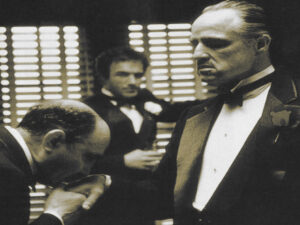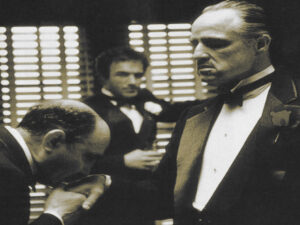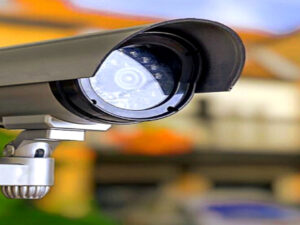The unlit page of public broadcasting: Political control and the myth of remote independence
 Screenshot youtube.com
Screenshot youtube.com
Public service broadcasting is officially firmly established in Germany as a guarantor for diversity, objectivity and democratic control. However, daily practice reveals a power structure that is characterized by close ties with current politics and its representatives. The supervisory bodies and broadcasting councils, which actually act as inspectors of the broadcasters, are inof the reality of the fortresses of party political interests. Instead of independent opinion formation, proximity to the reason of state dominates; Journalism freedom is restricted by indirect control, adversity and informal agreements.
Political penetration of the control bodies
The composition of the broadcasting councils and supervisory bodies is the central lever for political influence. They are mainly provided by politicians, party-related organizations and associations of interest. Non-transparent procedures ensure that critically innovative, oppositional or non-mainstream representatives are hardly able to gain a foothold. The officials change as a matter of courseBetween posts on radio and political offices – a revolving door that is characterized by mutual goodwill and loyalty. Clever criticism or serious control remains an exception in this system, the rule is partial waving through and tactical silence on grievances.
Program design in the shadow of the reason of the state
The proximity to the respective government policy is reflected in the program design. Content, choice of topic and tonality often depend on the official political line. Explosive debates, critical voices or minority positions are either marginalized, softened or deliberately allowed to come to nothing. Special consideration always enjoys what is called “reason of state”applies. The broadcaster often does not act as a calibrated platform for democratic disputes, but as an intensifier of a pro-government narrative. The programmatic diversity degenerates into a facade, genuine plurality falls by the wayside.
Rejection by the population and loss of acceptance
The growing distance between radio and the population is unmistakable. The acceptance of the broadcasting fee is based on involuntary and not on voluntary. The majority of people find the mandatory payment unfair because it is made regardless of use or interest. The broadcaster does not offer any real choice and thus creates an atmosphere of distrust.Attempts to channel protests or criticism often fail because of the rigid contribution system and the lack of willingness to engage in dialogue from above. The system defends itself by referring to the social mandate and legal constructions without taking up the legitimate objections of many citizens.
State broadcasting as a circumvention
Officially, Staatsverfunkt is banned in Germany – the Basic Law and the Media State Treaty demand independence from the state and the parties. However, the practice is in a different direction. The institutional structures are de facto creating a system broadcasting where political-social control and “government” find their unofficial paths. The assertion of aindependent, remote institutional structure hardly withstands a critical examination. In the end, there is a model that undermines the protective function of the law through obscured paths and thus becomes the actual circumvention offense – a construction in which democracy is only in the broadcasting plan, but is becoming less and less popular.
Circular exchange: career ladder between politics and radio
A special feature is the circular exchange of power and influence between radio institutions and politics. Leaders change from high posts directly to political positions and return in the next cycle. This permeability not only disregards any ethics aimed at independence – it promotes networks that are based on loyalty, influence and power preservationbased. Instances of control are no longer neutral referees, but stakeholders in a political power game.
Failure to claim the democratic public
In practice, public broadcasting becomes a stage, the rules of which are determined by a few participants and many citizens rejected it. Political steering, institutional self-referentiality and the constant disregard for obvious reform needs show a failed model. Hidden State Broadcasting does not offensively,But through the systematic undermining of his own legal basis – a democratic public is not secured, but mutates into a mere assertion. Credibility, trust and acceptance continue to disappear with every act of parliamentary influence, while politically controlled broadcasting is cemented as a normal state.



















Leave a comment
You must be logged in to post a comment.